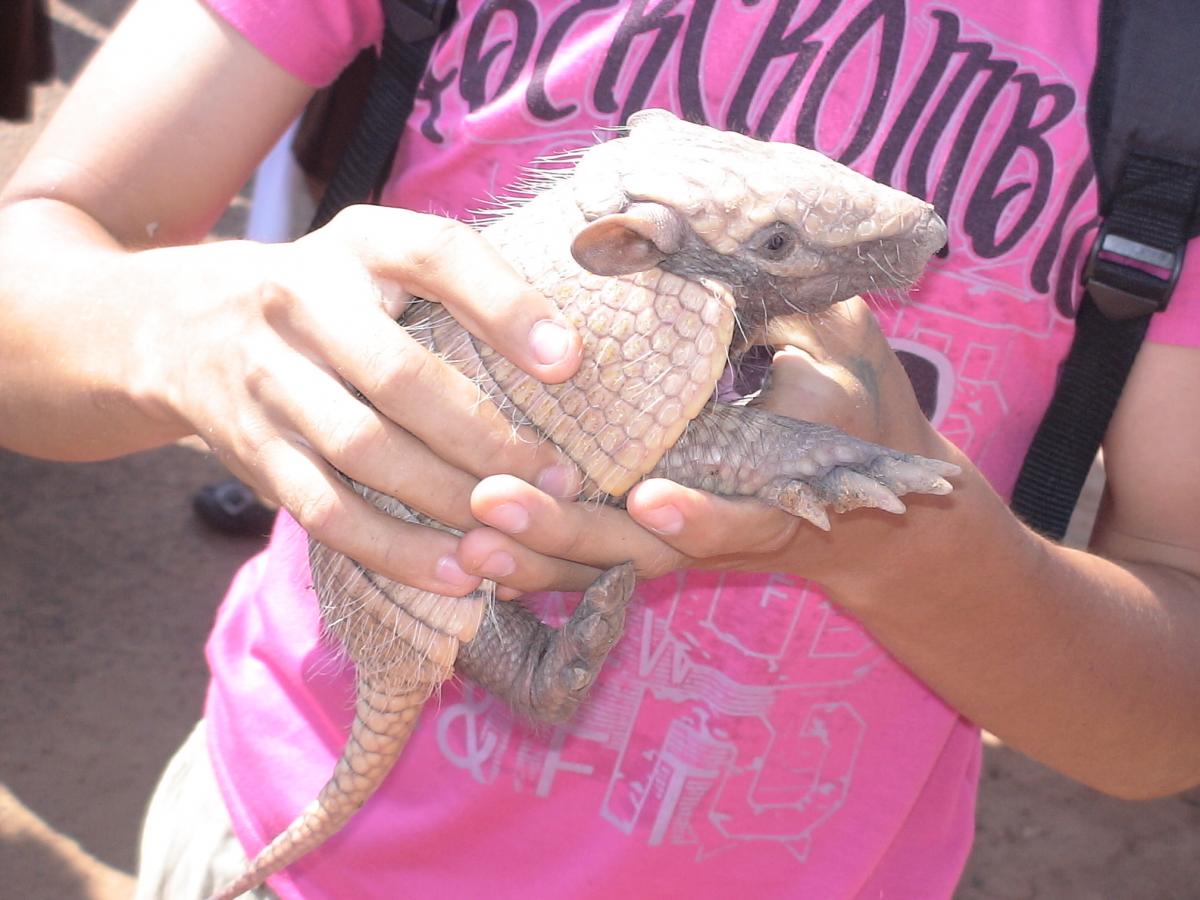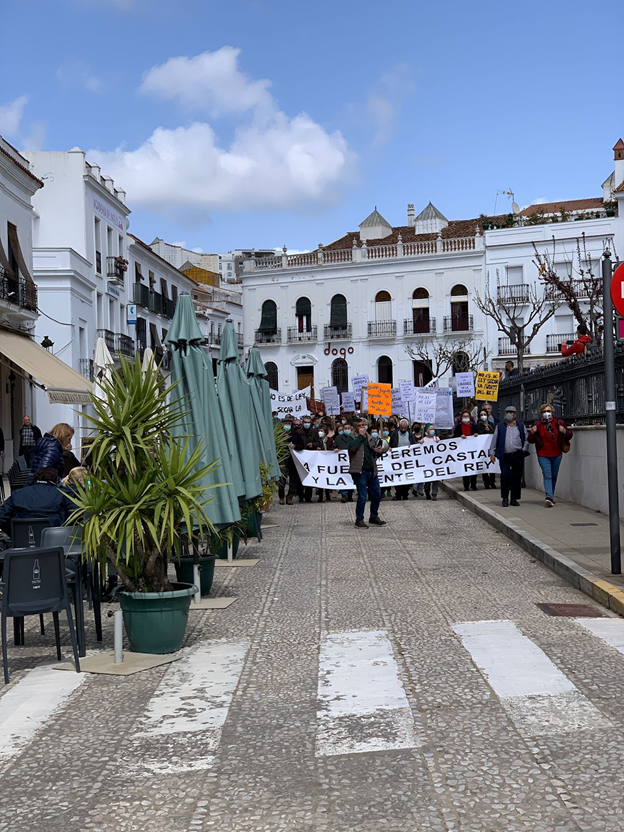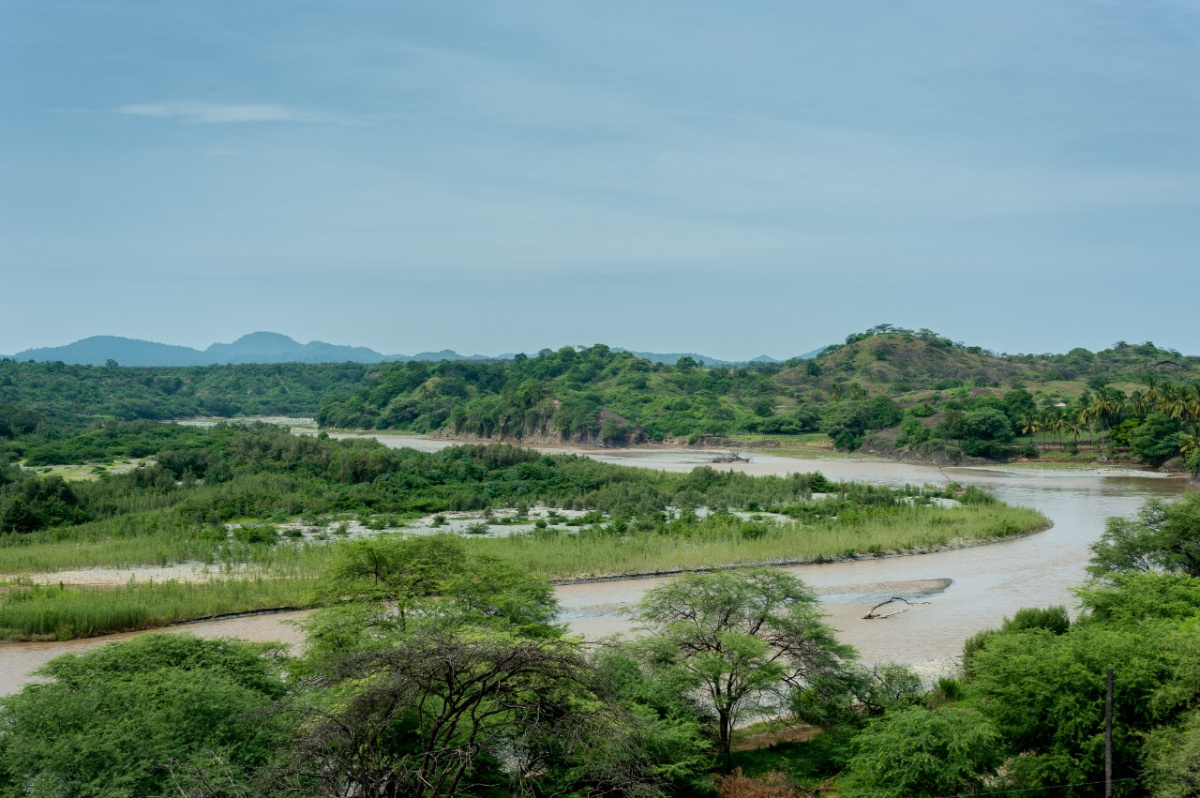Pauline Verheij wins Commission on Education and Communication Excellence Award in Europe
For the Region West Europe the members of the Jury of the brand new award faced a tough decision. Why? Because excellent work is done in very different fields, making it almost impossible to compare. So the jury decided to award three winners, this way showcasing the power of communication to protect our planet.
Pauline Verheij is one of the proud winners. In this article she tells us what drives her and how she overcame challenges.
CEC Regional Vice-Chair Europe, Peter Paul van Kempen: ‘What motivated you to start a career in this field?’
Pauline Verheij: I have always loved animals and nature from when I was a very young child, in addition to having a strong sense of justice. Therefore, when I decided to study law it seemed only natural for me to choose environmental law as a specialization. When I learned that there was such a thing as trafficking of wild animals I decided I wanted to use the law to tackle this illegal trade, and to help bring the criminals involved to justice.
What are you most proud of?
I am most proud of having played a significant role in the design and establishment of the Wildlife Justice Commission (WJC). The WJC is an NGO based in The Hague which collects evidence against transnational organized wildlife crime networks and supports governments to investigate and prosecute members of these networks. Within four years of existence, the WJC has conducted 24 wildlife crime investigations in 24 Asian and African countries and have helped to secure 91 arrests, focusing on high level criminals.
What major challenge did you face? How did you overcome it?
For me the biggest challenge in this work is seeing the daily, continuous stream of depressing news about the state of the natural world and how fast we’re losing it to human greed and ignorance – and wondering whether my work, and that of my peers, has sufficient impact to turn the tide. It is difficult to remain optimistic sometimes! What keeps me going is to focus on the good news and take courage from the successes that are achieved. I feel lucky and inspired to be part of a global movement of incredibly motivated people working relentlessly to stop the illegal exploitation of wildlife and wild spaces.
Which golden tip do you have for new comers who want to follow your path?
Since I first started working on wildlife crime issues, about 18 years ago, there has been a huge surge in poaching and trafficking of wildlife. Wildlife crime has become big business, attracting organized crime syndicates which are abusing weak justice systems and making considerable profits at the cost of not only wildlife but also local communities living with wildlife and societies as a whole. It has become a popular topic for media to report on, and governments have started to realize that wildlife crime is a serious crime that requires serious investment to address. Many, usually young, people feel called upon to become involved in the ‘fight’ against wildlife crime, and I am often asked to advise on how to go about this. I’m afraid I don’t really have a golden tip, unless it is to work hard, volunteer where you can to gain experience, be willing to accept little- or even unpaid work and persevere even when you feel you’re at a dead end and cannot see that you’ll ever get to where you want to be. Keep your eye on the prize and if you really show dedication, sooner or later you’ll get a lucky break and doors will open. There is so much work to do and new energy and fresh perspectives are much-needed, so I welcome anyone wanting to make a difference in this field!
Read more stories about the CEC Excellence Award winners!








